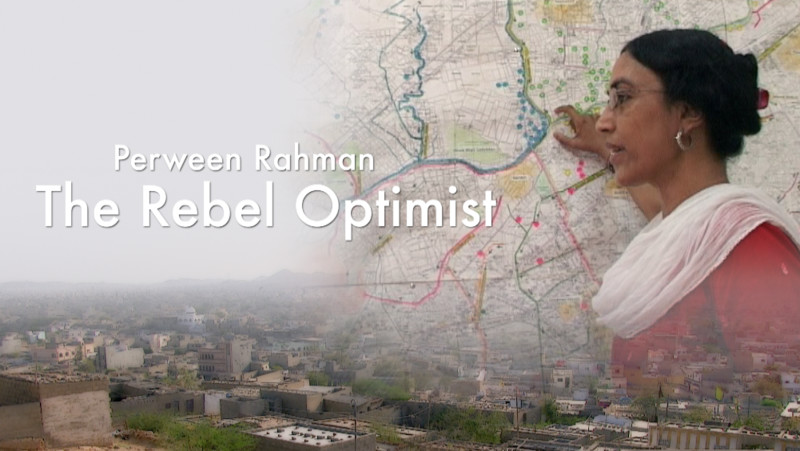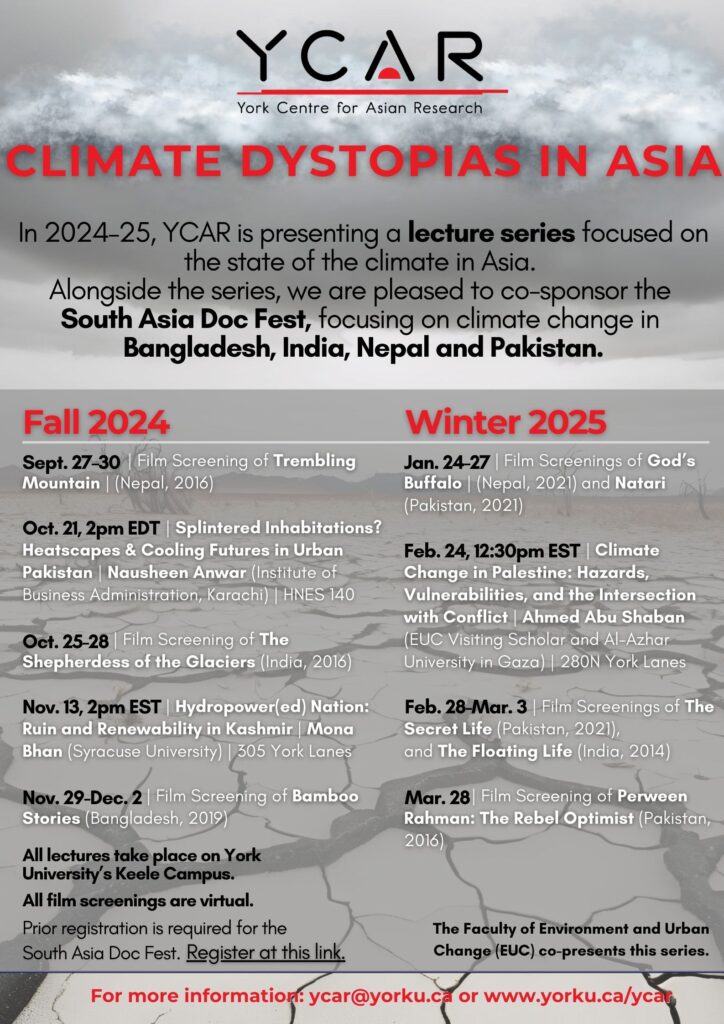
Building on the success of last year's launch, YCAR is pleased to continue the Climate Dystopias in Asia lecture series in 2024–25. The series explores environmental vulnerabilities, renewable energy, and the social and political impacts of the climate crisis.
Series Events
Country: Nepal
Year: 2016
Duration: 82 ‘
Language : English, Nepali, Tibetan
Director : Kesang Tseten:
* Won a special mention at the 2017 festival
Synopsis : On April 25, 2015 Nepal was hit by a quake measuring 7.9 on the Richter Scale. Among the worst hit in Nepal’s 2015 earthquake was the prime trekking destination of Langtang. A glacial collapse caused an avalanche of rock, ice and mud, resulting in an air-blast, equal to half the force of the Hiroshima atom bomb. The 400-odd survivors, out of a community of 700, were evacuated from the highland, to a camp on the grounds of a Buddhist monastery in Kathmandu until their resettlement six months later. In showing the much dwindled community’s response to the disaster, until their resettlement a year later, the film reveals the transformation, profound and yet often taken for granted, that has been sweeping the Himalaya over the last decades.
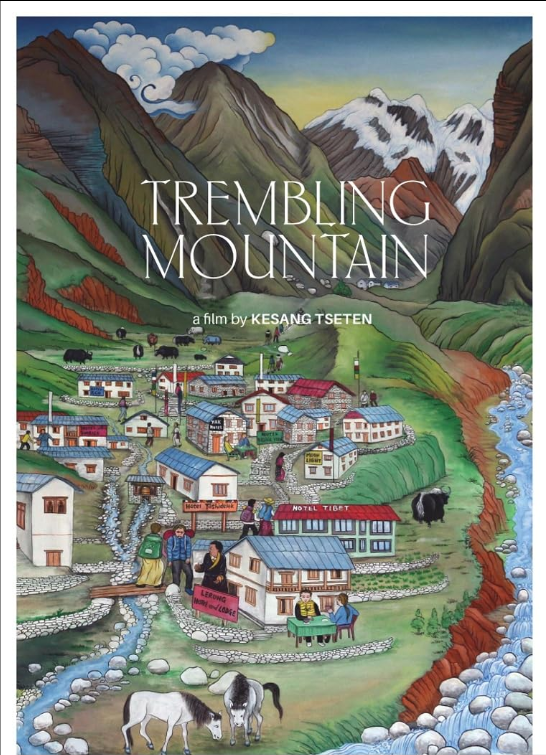
With Nausheen H. Anwar (Institute of Business Administration, Karachi)
Discussant: Waqas Butt (Anthropology, University of Toronto)

Country: India
Duration: 74'
Year: 2016
Language: Ladhaki/ French
Directors: Stanzin Dorjai Gya/ Christine Mordelet
*Won the Jury Award at the 2017 festival
Synopsis: Way up in Ladakh—at 16,500 feet, somewhere in the Gya-Miru Valley—lives a shepherdess with a flock of 250 sheep and pashmina goats on a huge deserted rock-strewn mountain. Over a year, Tsering shares with us her lonely life among animals in an extreme environment. In spite of these tough conditions, she shows an astonishingly strong spirit. She preserves a traditional ecological way of living. But for how long ?
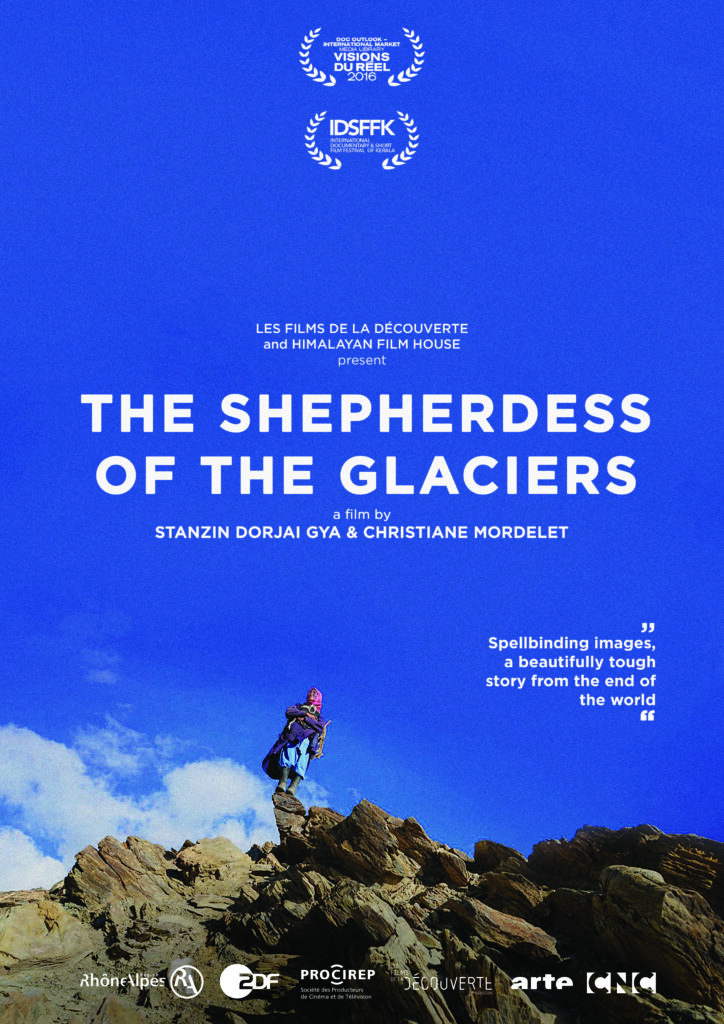
With Mona Bhan (Ford-Maxwell Professor of South Asian Studies, Syracuse University
Discussant: Shubhra Gururani (Director, YCAR; Department of Anthropology, York University)

Country: Bangladesh
Duration: 96'
Year: 2019
Language: Bengali
Director: Shaheen Dill-Riaz
*Won the top Ram Bahadur Trophy at the 2019 festival
Synopsis: It is midsummer in northeastern Bangladesh. Five men face a dangerous mission. They must conquer the great river with their raft. Their journey will last a month and take them 300 kilometers downstream. Their cargo: 25,000 bamboo logs, which they have to deliver despite endless heat, pouring rain, dangerous rapids, and river pirates who lurk in the dark.

God's Buffalo
Country: Nepal
Duration: 15'
Year: 2021
Language Nepali
Director: Bishnu Kalpit
Synopsis: Homan Singh Shivabhakti ekes out a living farming in the hills of Sindhupalchowk district, east of Kathmandu. He loves and worships his buffalo which has brought him all the good things in life. All is well till devastating floods ravage the area and Homan Singh's buffalo disappears…
Natari
Country: Pakistan
Duration: 45’
Year: 2021
Language: Urdu/ Sindhi
Directors: Jawad Sharif and Haroon Riaz
Synopsis: Natari, literally anchor of the boat in the Sindhi language, tells the story of the potential conflict caused by climate migration and its impact on local communities and families like that of the protagonist, fisherman and political activist Ayoub Sehto, in the Indus Delta region.
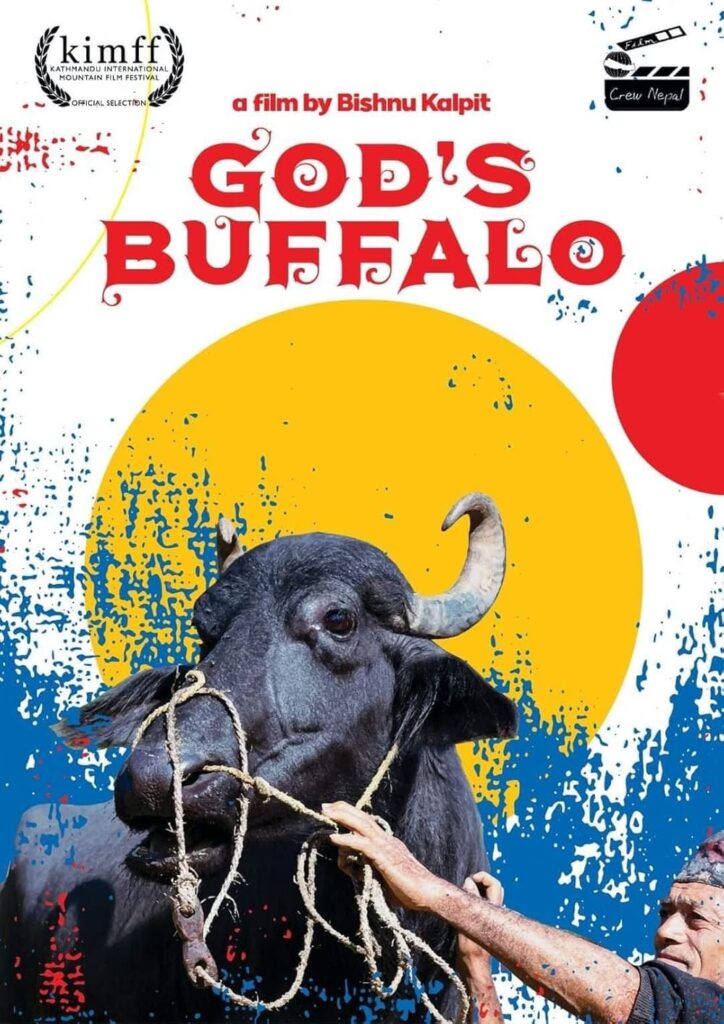
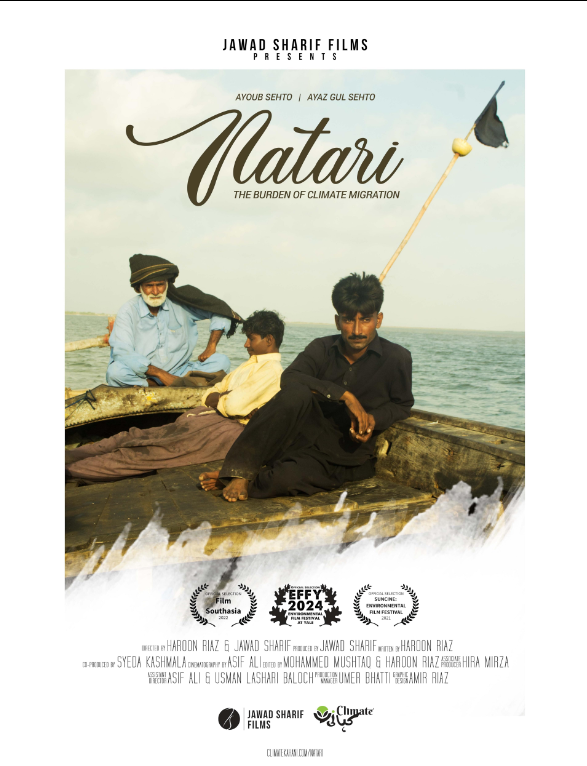
The Secret Life
Country: Pakistan
Duration: 13’
Year: 2021
Language: Urdu
Director: Nadeem Alam Al Karimie Synopsis: The secret life shows how the ancients in Hunza valley converted a barren land into heaven by planting all kinds of trees over more than 300 years. But the current generation has started to cut down trees and construct hotels and shops since Hunza is a significant tourist destination. Strain on resources, mass migrations due to lack of opportunities and ravaged nature makes for a sorry tale told by a dead tree and a Shaman.
Phum Shangh (The Floating Life)
Country: India
Duration: 52'
Year: 2014
Language: Manipuri
Director: Haobam Paban Kumar
Synopsis: Loktak, the largest freshwater lake in North East India characterized by its unique floating biomass ‘phumdi’ is the primary source of livelihood for the fishermen who live on huts built on the phumdis. The lake, rich and abundant in bio-diversity also serves as a source for hydropower generation, irrigation and drinking water supply. For years, Loktak has faced serious problems due to human induced developmental activities. Today it is considered a dying lake. Government agencies and local conservationists are struggling to save Loktak lake, while residents try to save their homes and livelihoods.
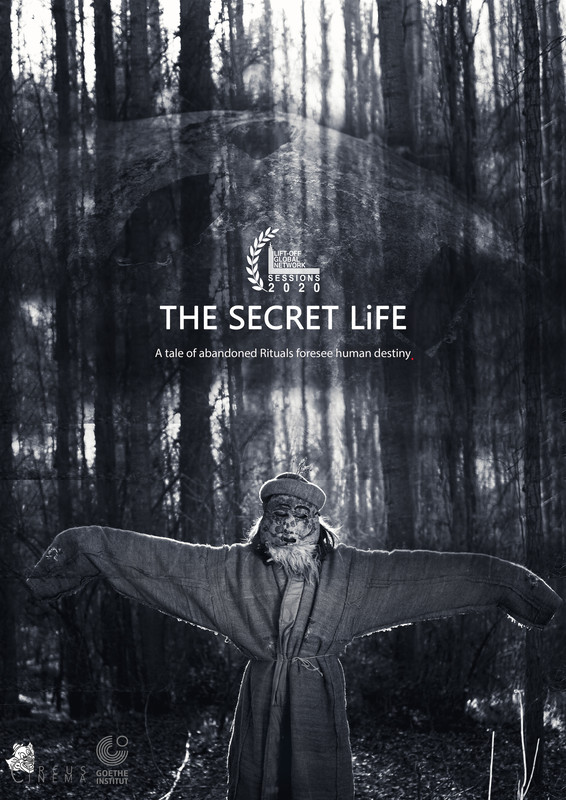
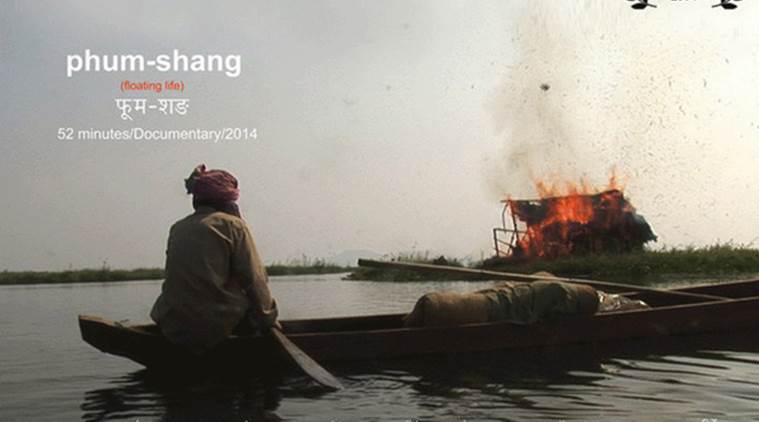
Country: Pakistan
Duration: 66'
Year: 2016
Language: Urdu/English
Directed by Mahera Omar
An intimate portrait of Pakistani architect and urban planner Perween Rahman and her remarkable work for Karachi's poor.
'No one is safe in this city. Those who think otherwise are living in a fool's paradise', says Perween's best friend and colleague Anwar Rashid as he navigates the chaotic roads of Karachi. An architect and urban planner, Perween Rahman had an alternate vision for the development of Karachi: 'Development doesn't come from concrete. Development is not five star hotels and mega road projects. What we need is human development.' She was shot dead by armed assailants on her way home in March 2013.
